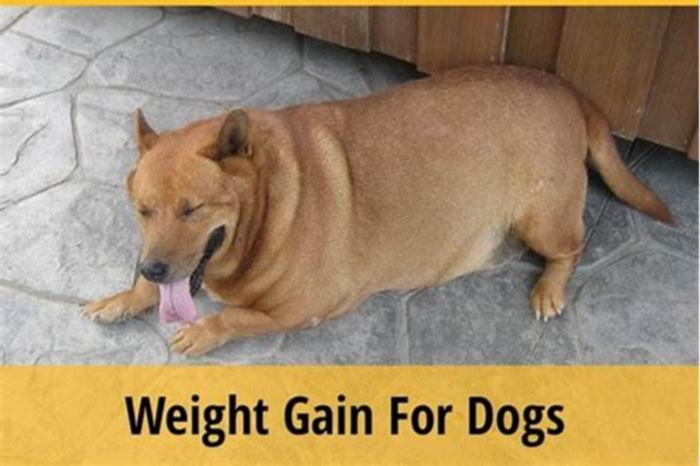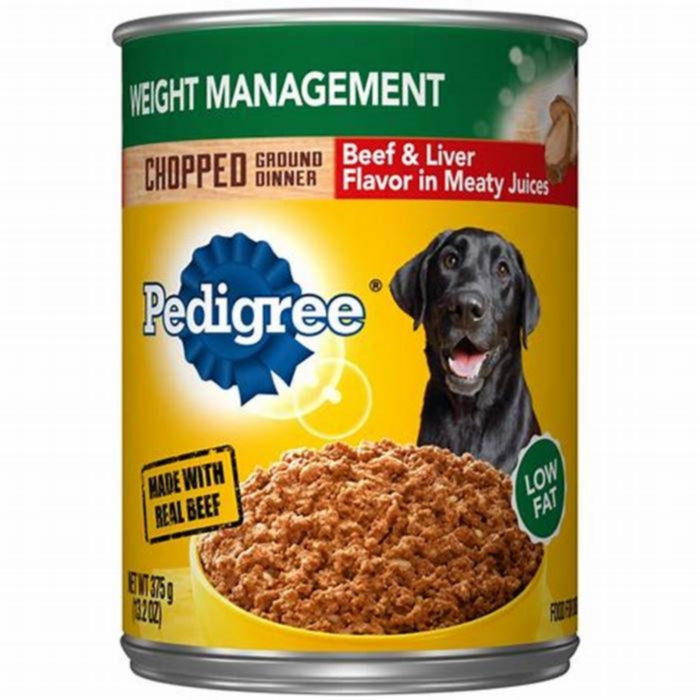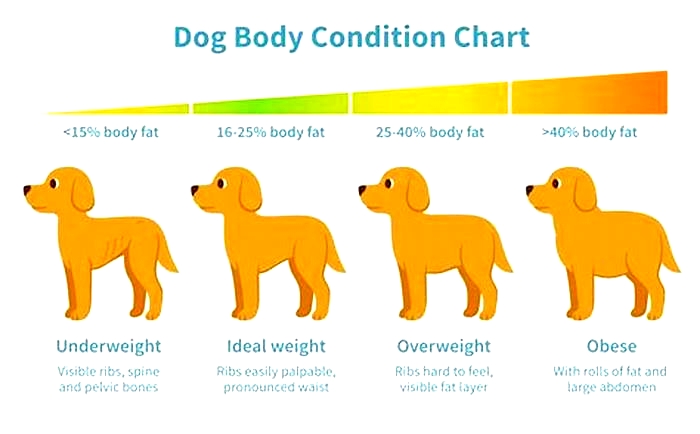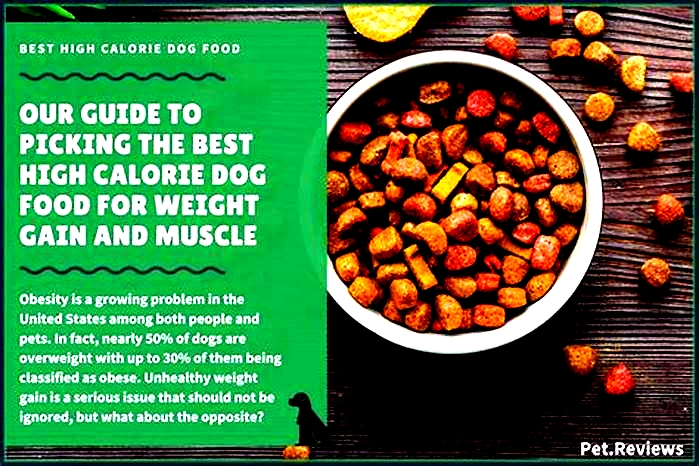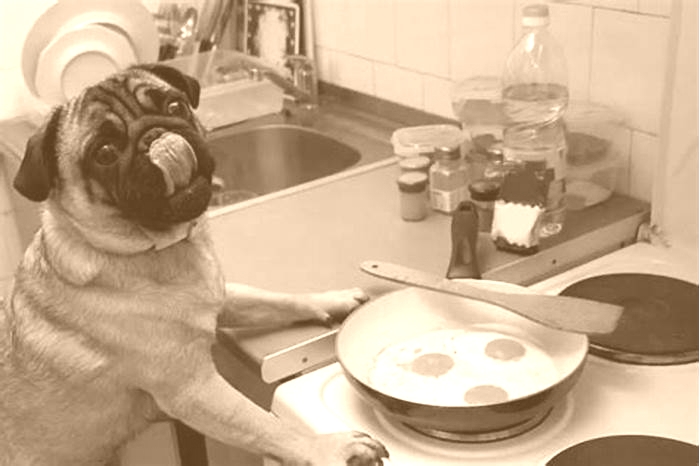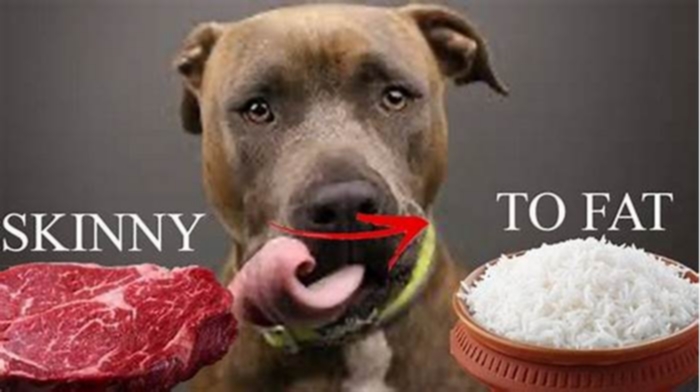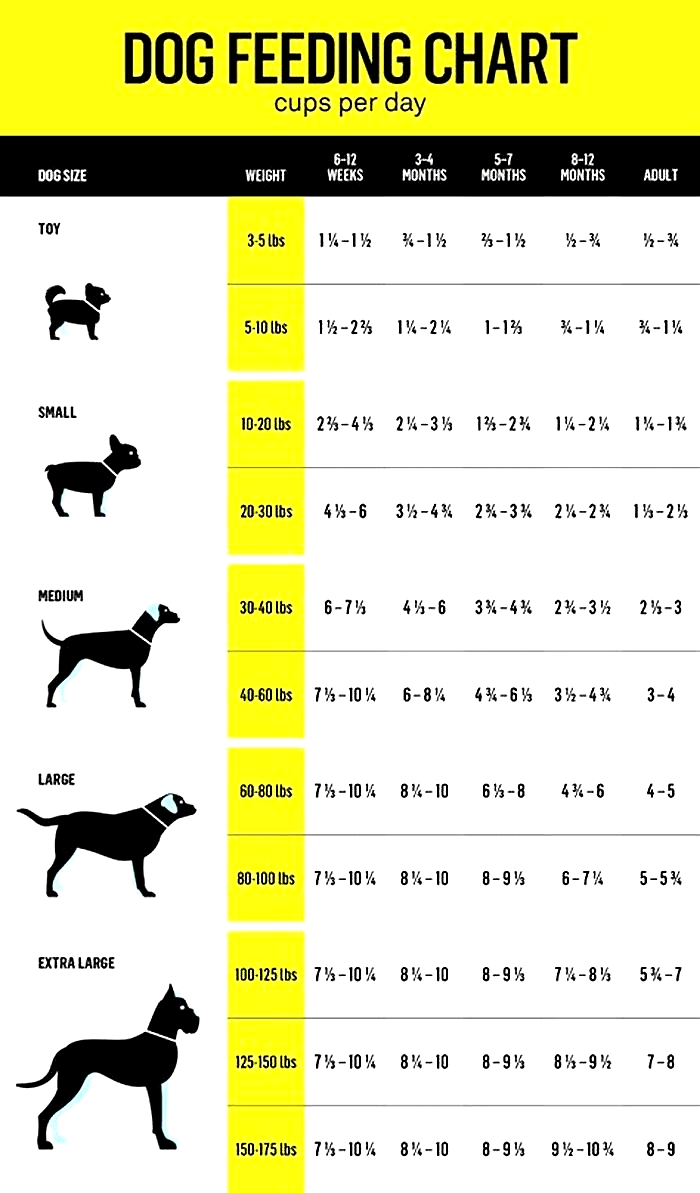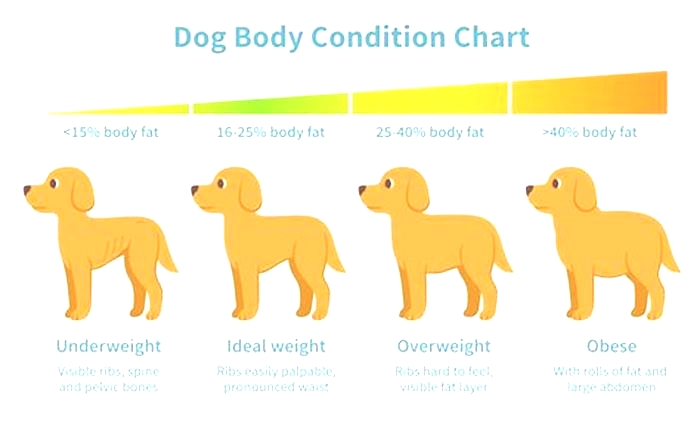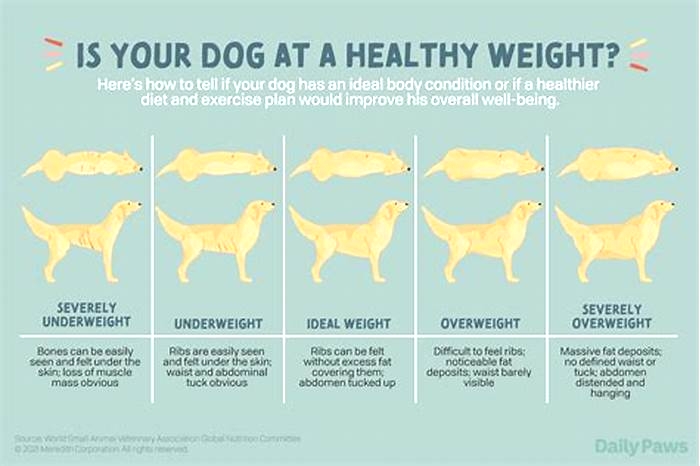What to feed your dog to gain weight
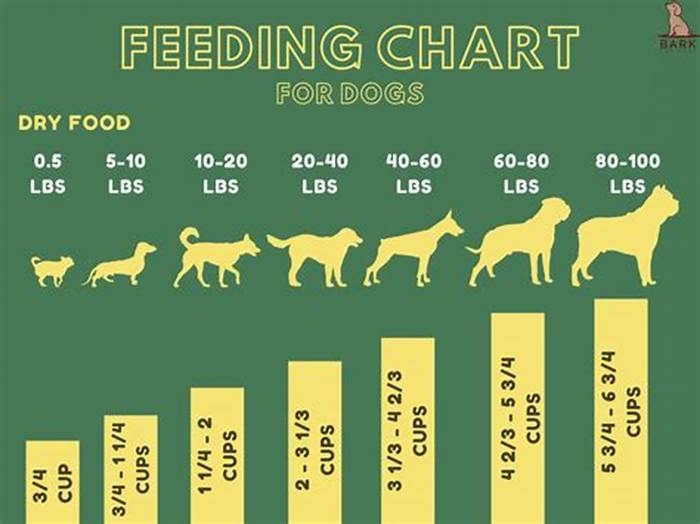
How to Get a Dog to Gain Weight
How to Get a Dog to Gain Weight
For many of us, owning a pet dog is an incredibly rewarding experience. However, sometimes our furry companions may be underweight due to a variety of reasons, such as a low fitness regimen or poor diet.
For your pup to stay healthy and active, its important to monitor their weight and make sure that they are at an ideal weight for their breed and size.
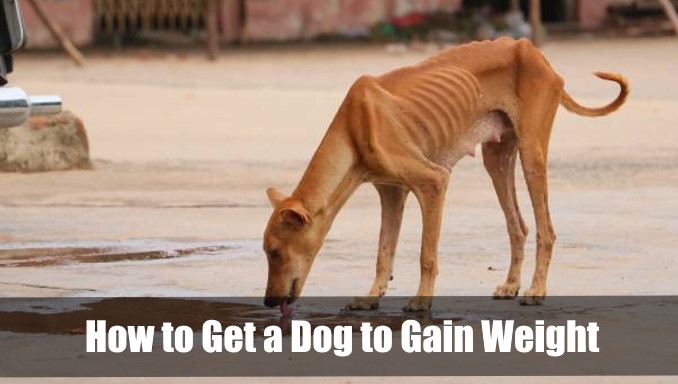
If youre looking for ways to help get your pup back on track from introducing new dietary components into their regime to increasing exercise time then this blog post is perfect for you! Keep reading to learn insider tips about how to get your dog back in tip-top shape with some extra pounds added onto the scale.
Underweight dogs are more prone to illness and injury due to their weakened immune system. An underweight dog can be a danger to itself, as it may become easily injured or ill with minimal effort.
Additionally, being underweight weakens the bones and muscles of the dog, making them more susceptible to breaks and strains. Underweight dogs also struggle to regulate body temperature, meaning they may be at greater risk of hypothermia in colder climates.
Over time, the lack of proper nutrition can lead to organ failure and other serious health issues such as heart disease. All of these risks are reduced with a healthy diet and exercise plan specifically tailored to the individual dog.
See more:Can Dogs Eat Pork?
Some Common Causes of Weight Loss in Dogs
Weight loss in dogs can be caused by a variety of factors, such as an underlying medical condition, parasites, poor nutrition, or even stress. Some common causes of weight loss in dogs include:
1. Parasites Internal parasites such as roundworms, whipworms and giardia can cause weight loss in dogs due to the parasites competing for the dogs nutrients.
2. Poor Nutrition An inadequate or unbalanced diet can lead to weight loss in dogs, as it does not contain the necessary nutrients and calories needed for a dogs growth and development.
3. Stress Dogs that are anxious or stressed due to loud noises, changes in environment, or other factors can become reluctant to eat and therefore lose weight.
4. Endocrine Disorders Dogs suffering from diabetes, thyroid disease, or other endocrine disorders may experience significant weight loss as a result of their condition.
5. Cancer Dogs with cancer may experience a sudden and significant decrease in appetite which can lead to significant weight loss.
6. Gastrointestinal Disorders Dogs suffering from gastrointestinal disorders such as inflammatory bowel disease, pancreatitis and liver disease can experience decreased appetite and weight loss due to their condition.
7. Aging As dogs age, they may experience a decrease in appetite and digestion leading to weight loss over time.
Additionally, certain medical conditions such as diabetes or Cushings disease can lead to weight loss in dogs. Lastly, some medications used for treating other illnesses can also cause unintended weight loss.
So, there are many potential causes of weight loss in dogs. Some common factors include parasites, poor nutrition, and stress, while other conditions such as endocrine disorders or cancer can also be responsible. In addition to these medical issues, aging and certain medications may lead to unintended weight loss.
How Can I Tell If My Dog is Overweight or Underweight?
The best way to determine if your dog is overweight or underweight is by checking their body condition score (BCS). This involves running your hands over their ribs and spine, feeling for a fatty layer and any bones that may be too prominent. If your dogs ribs are difficult to feel through the fat deposits, they may be overweight. On the other hand, if you can easily feel all their ribs and spine then they may be underweight.
It is also important to note that different breeds of dogs have different body frames, so a Chihuahua will naturally appear thinner than a Labrador Retriever. If your dog falls within the acceptable weight range for its breed, you can assume that it is at a healthy weight.
If you are unsure whether or not your dogs current weight is within the acceptable range for their breed, consult with a veterinarian who can help you determine their BCS and develop an appropriate diet plan for them. In some cases, they may even be able to suggest a diet specifically tailored to your dogs individual needs.
How to Get a Dog to Gain Weight
Gaining weight for a dog can be a tricky process, but it is important for their overall health and wellbeing. Here are some tips to help get your pup on the right track:
1. Feed your dog high-calorie, nutrient-dense food:
It is important to feed your dog a balanced nutrient dense diet with higher calorie content. Look for foods that are rich in proteins, fats, and carbohydrates. Make sure the first ingredient on the label is either meat or fish.
2. Increase meal frequency:
Dogs often do better eating smaller meals more frequently. By increasing the number of feedings, you can make sure your dog is getting enough calories to help them gain weight.
3. Add fatty foods to your dogs diet:
Adding a few teaspoons of healthy oils like olive oil or flaxseed oil to your dogs meals can help add calories. You can also try adding canned fish like salmon or tuna, cottage cheese, and plain yogurt to increase the calorie content of your dogs diet.
4. Offer treats:
Giving your dog healthy treats like cooked meat, boiled eggs, or vegetables can help boost their calorie intake in between meals.
5. Take your dog for regular walks and exercise:
Exercise is important to keep your dog in good physical shape as well as help them gain weight. Regular walks or playtime can also encourage appetite, which will also help put on the pounds.
6. Make sure your dog is getting enough water:
Staying hydrated is important to help your dog maintain a healthy weight. Make sure they have access to clean, fresh water at all times.
7. Consult with your veterinarian:
If you think that your dog needs to gain weight, it is important to consult your veterinarian. They can provide guidance on the best diet and exercise plan for your pup.
Following these tips can help you ensure your dog is able to gain weight in a healthy and safe manner. If you are concerned about your pets health, it is always best to consult your veterinarian for advice and support.
https://www.youtube.com/watch?v=Uv8TRHPErM0
Some Foods That Help Dogs Gain Weight You Can Find in Stores
High-quality dry kibbles
Canned wet food
Boiled eggs
Cooked meats and fish
Healthy fats such as olive oil or flaxseed oil
Plain yogurt and cottage cheese
Fresh vegetables
Meat baby food with no added salt or sugar.
These foods are high in calories and nutrients, which can help your pup reach their ideal weight.
Also, you can look for treats specifically designed to build muscle and promote healthy weight gain. Some of these include high-calorie protein bars, freeze-dried meat snacks, or homemade treats like peanut butter and banana muffins.
When it comes to managing your dogs weight, its important to work closely with your veterinarian to ensure that you are providing the right amount of nutrition for your pup. With the right diet plan and exercise regimen, you can help your dog reach a healthy and happy weight.
Some Common Weight Gain Mistakes Owners Make?
One of the most common mistakes owners make when it comes to weight gain is not knowing how much to feed their pets. Overfeeding can cause rapid weight gain, which can lead to obesity and other health problems. Its important that you follow the feeding instructions on your pet food label or consult your veterinarian for help in determining the right portion size for your pet.
Another mistake owners make is not exercising their pets enough. Exercise helps to burn calories and can help with weight management. If your pet isnt getting regular physical activity, it may be more likely to gain weight. Make sure you provide plenty of opportunities for your pet to play and get enough exercise each day.
Lastly, owners may not be providing the best quality food for their pets. Highly processed foods can often contain a lot of empty calories that arent good for your pets health and can lead to weight gain. Look for food with real, natural ingredients, and avoid foods with artificial additives or fillers.
By recognizing these common mistakes, you can help ensure your pet maintains a healthy weight. Talk to your veterinarian if youre concerned about your pets weight gain or have any questions. With the right diet and exercise plan, you can help keep your pet healthy and fit!
What Are the Risks of My Dog Being Overweight?
Being overweight or obese can lead to serious health risks for your dog, including:
Heart disease: An overweight dog can have an increased risk of developing heart problems such as congestive heart failure and arrhythmia.
Diabetes: Dogs that are overweight or obese may be more susceptible to diabetes due to their sedentary lifestyle, lack of exercise and poor diet.
Joint problems: An overweight dog is more likely to suffer from painful joint issues such as arthritis and hip dysplasia, due to excess stress on their joints and bones.
Respiratory issues: An obese dog can have a harder time breathing due to extra weight around the chest and abdomen.
Liver disease: An overweight dog can be more prone to developing liver issues such as fatty liver syndrome, due to excessive fat buildup in the liver.
Skin problems: Extra body fat can cause skin irritation and sores on an overweight dog, leading to other health issues.
Its important to recognize the signs of an overweight dog and help them return to a healthy weight. This includes regular exercise, a balanced diet and plenty of water. By addressing these issues right away, you can help keep your pup healthy and active.
FAQs Related to How to Get a Dog to Gain Weight
How can I tell if my dog is overweight or obese?
There are several ways to determine if your dog is overweight or obese. First, you should consult with your veterinarian and have your dog weighed regularly. The ideal body weight for a particular breed can be calculated based on age, sex, size, and activity level. Your vet can also use the Body Condition Score (BCS) system to measure your dogs body fat and accurately assess whether your pet is healthy or overweight.
Another way to determine if your dog is carrying extra weight is by feeling around his ribs. A healthy dog should have a clearly defined waist and you should be able to feel the ribs without much effort. Additionally, you can look for signs of lethargy, difficulty breathing and mobility issues which can all be attributed to obesity.
Is it bad to give table scraps to my dog?
The answer is not always clear-cut as it will depend on your individual dog, the type and quantity of food you are offering, as well as any underlying health issues your pet may have. As a general rule, table scraps should be avoided when possible as they typically contain unhealthy ingredients such as fats, oils, and high levels of salt. Moreover, table scraps can be difficult for dogs to digest and can also lead to digestive issues.
If you still decide to give your pup occasional treats from the dinner table, its important to pay attention to what you are offering him. Lean cuts of meat, vegetables, and fruits (in moderation) are usually safe options. Its also important to avoid giving your dog cooked bones, avocado, onions, macadamia nuts, grapes or raisins, and chocolates.
Does diet play a role in helping a dog gain weight?
Yes, diet plays an important role in helping a dog gain weight. It is important to make sure that the food your dog is eating provides enough calories and nutrients for them to gain weight. High-calorie foods such as wet or canned food can be beneficial as they contain more calories than dry food.
Additionally, adding additional fats and oils to your dogs food can help increase their caloric intake. It is also important to feed your dog multiple small meals throughout the day rather than one large meal since this will help them absorb more of the nutrients in the food. Finally, it is important to monitor your dogs weight regularly and adjust their diet as needed.
How much exercise does an overweight dog need each day?
The amount of exercise an overweight dog requires depends on the individual. Every dog has different needs, so its important to talk with your veterinarian or a canine nutritionist to find out what is best for your pet. Generally speaking, overweight dogs should get at least 30 minutes of moderate-intensity exercise (such as jogging or playing fetch) each day.
However, if your dog is severely overweight, it may be best to start with shorter periods of low-intensity exercise (such as walking) and gradually increase the duration and intensity over time. It is also important to make sure that your pet has access to a safe area for exercise and enough space for them to move around freely.
What human food can I give my dog to gain weight?
Its important to always consult your vet before introducing any new food to your dogs diet. Additionally, it is important that you choose human foods that are safe for dogs and will not cause them gastrointestinal distress.
You can give your dog lean proteins such as boiled chicken or turkey, lean ground beef (with no seasonings or added fat) or boiled eggs. You can also feed your dog mashed potatoes, cooked white rice, cooked sweet potatoes, and oatmeal.
You can also give your dog low-fat yogurt as a high-calorie treat. Yogurt is full of probiotics which are beneficial for dogs digestive health. You should always look for plain yogurt with no added sugars.
Pumpkin is a great source of dietary fiber which can help your dog feel full longer, and it also contains plenty of vitamins and minerals that are beneficial for your pup. You can mix canned pumpkin puree or fresh cooked pumpkin into their wet food or kibble.
Conclusion
In conclusion, getting a dog to gain weight is not as easy as it sounds. It requires patience, dedication, and consistency. Feeding the right amount of food, providing plenty of physical activity, and visiting the vet regularly are all essential steps in order for a dog to gain healthy weight.
Additionally, considering any underlying health issues that may be contributing to weight loss is also important. With the right approach, a dog can gain weight and reach an optimal healthy state.
We hope this post has been helpful in providing insight into how to get a dog to gain weight. Feel free to contact us with any further questions! Good luck!
Further reading:

